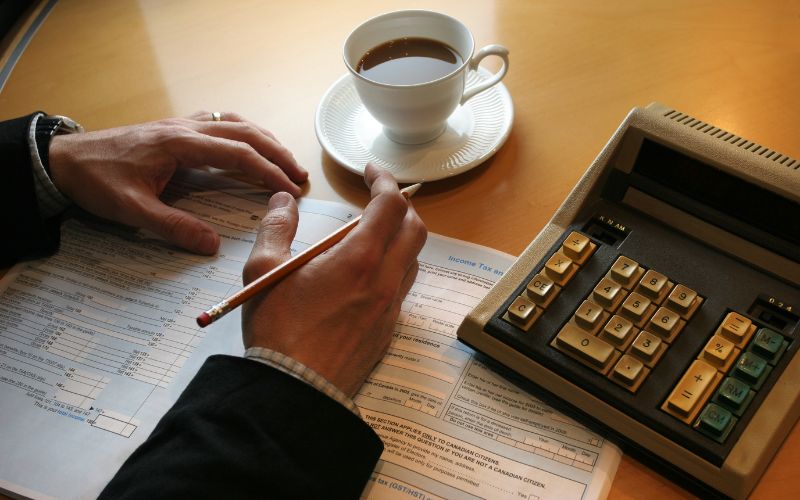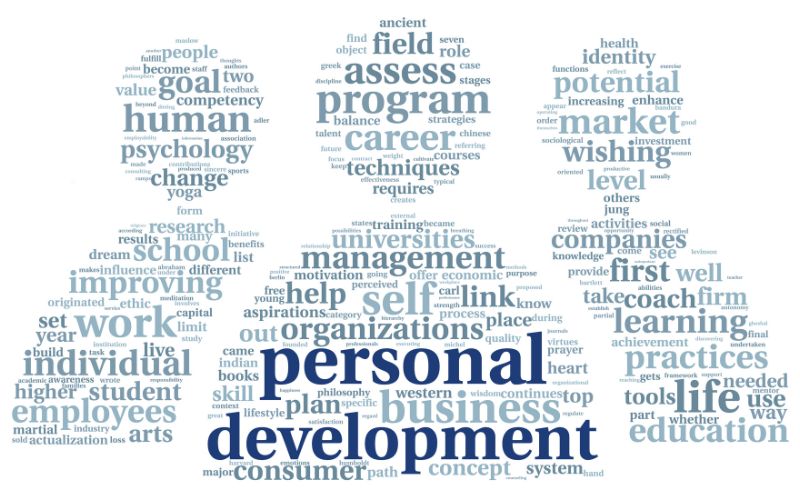How to Speak Confidently in Any Situation
Have you ever been in a situation where you had to say something, but your mind just went blank, or you felt anxious? Perhaps in a class, during a meeting, or even with your friends? To speak confidently can be difficult, but it’s something that anybody can learn to do with a bit of practice. In this blog, we will look at some easy public speaking tips to help you speak confidently in any situation and leave a lasting impression.
Why Speaking Confidently Is Important
If you speak confidently, you’re more likely to be listened to. It is a sign that you’re sure of what you’re saying. Think about conversing with someone while you’re unsure – they can sense it. But if you’re confident in your words, you sound more powerful and assertive. Whether responding to questions in school or college, conversing with a friend, or presenting in a job interview, confidence will make you more competent and reliable.
In the world we live in, confidence in speech can open so many doors. It can serve you in your social life, make your job application successful, and even make you feel good about yourself. Being confident while speaking is a magic key that can open opportunities.
How to Speak with Confidence
Overnight confidence does not come, but by being patient and persistent, you can become the speaker you wish you were.
-
Stand Tall and Breathe
When you stand up straight, shoulders back, and chest open, you’re not just physically stronger, but you feel stronger mentally too. The mere change in posture can work miracles to give you a confidence boost on the spur of the moment. Visualise the difference it makes when you face others hunched over versus standing straight up. You naturally feel more in command and more prepared to confront what’s coming your way. And before you say a word, take a deep breath.
It is not so much about putting air in your lungs, but it’s about soothing your nerves and allowing yourself to think clearly. Deep breathing creates a feeling of relaxation, decreasing your heart rate and providing you with a second to gather your thoughts. This small but mighty act can make you feel confident and ready to spread your ideas to the world.
-
Start Small
The idea of public speaking may be daunting, but you don’t have to jump into large speeches immediately. It’s all right to start small. Start by practising in front of a mirror, as odd as that sounds. Observing yourself as you talk allows you to notice how your body language corresponds with your words. Or, begin with family or friends.
Practice ordinary conversations with them. As you become more at ease, increase the level of sophistication of what you’re communicating. By doing this, you’ll gain confidence step by step, rather than feeling pressured to be perfect immediately. Each little conversation is a win in itself, and eventually, these little steps will become giant leaps towards becoming a more confident speaker.
-
Speak Slowly and Clearly
When we’re nervous, we speak fast, thinking it’ll get our words out quicker. But rushing through your words just makes it more difficult for you and your audience. Instead, slow down. Take your time. Talking slowly not only provides you with the opportunity to gather your thoughts but also makes it easier for your listeners to understand you.
Taking a break for a second or two between sentences or ideas can make you seem more together and confident. Those breaks also give you time to breathe and decide what you’re going to say next. As long as you know what you’re doing, speaking slowly isn’t hesitating – it’s being in control.
-
Make Eye Contact
Eye contact is a quick yet effective trick. If you look someone in the eye, you’re saying to them, “I’m sure of what I’m saying, and I’m engaged with this conversation.” It builds trust and rapport with the person you’re talking to. If you get nervous about making eye contact, begin by looking at the person’s forehead or chin.
You don’t have to look right into their eyes, but the act of maintaining eye contact demonstrates that you are there and focused on the conversation. It’s a method of saying, “I’m here, and I’m listening.” With practice, maintaining eye contact will become second nature, and you’ll be more confident when you do so.
-
Know What You Want to Say
Clarity breeds confidence in speaking. When you know what you are going to say, it’s simpler to speak with confidence. You don’t have to memorise every word – just know the key points you need to say. Knowing what you are going to say keeps you on track and keeps your thoughts in order. It also makes you feel more in charge of the conversation. Don’t stress about attempting to use big words.
Plain and simple language usually works best because it makes your message easy to comprehend. When you know what you want to say, it is much easier to be able to say it confidently, and that confidence will project through in your delivery.
-
Practice Makes Perfect
The same applies to anything: the more you practise, the better you will become. Practice is the secret to confidence-building. Begin by speaking in front of a mirror or recording yourself on your phone. Listen to the way you sound and pay attention to areas where you can improve.
Practice with family or friends, and eventually practice in front of larger audiences. The more comfortable you become with speaking, the less anxious you will be. And remember, nobody is perfect. Mistakes are inevitable, and practising will make you improve with each try.
-
Accept Mistakes Gracefully
Everybody makes mistakes, even the most self-assured speakers. The key is not to let the mistake bother you. If you trip over your words or forget what you want to say, just correct yourself and go on. The secret is to avoid dwelling on the mistake.
The audience probably won’t even notice, and if they do, they’ll appreciate you more for the way you deal with it. Confidence lies in the knowledge that errors do occur and that you can deal with them well. It is not about perfection – it is about carrying on with poise and confidence even when things do not go according to plan.
Why You Should Consider Interview and Personality Development Training
Although the tips mentioned above will assist you in speaking more confidently, there are times when we need a little extra assistance to change our communication skills. This is where personality development training can assist you. This kind of training can help you learn how to become more confident in any given situation, whether it’s delivering a speech or talking with strangers. It will assist you in developing the skills that not only make you speak well but also help you in knowing how to project yourself well in the presence of others.
Personality development training is not about merely speaking. It also enhances your body language, posture, and confidence. All these are important when you’re looking for employment, addressing an audience, or even managing a team. Effective communication and a good personality set you apart from others and enable you to form truly meaningful relationships with people.
Through learning how to respond properly during an interview and personality development class, you are able to develop confidence in yourself, ask great questions and bring your full energy out without failing. You’ll become so equipped to take on everyday interactions after that.
Sign Up Now to Get Going Today!
If you’re ready to enhance your speaking skills and gain confidence that will serve you for the rest of your life, then it’s time to act. Whether you desire to speak to your class, nail your job interview, or simply communicate more effectively, the solution is to practise and receive advice from the proper professionals.
Don’t hesitate. Take the first step now, and let George School of Competitive Exams (GSCE) unlock your potential! Ready to change? Begin your path towards confident speaking today.










